AI currently replaces less than 10% of job tasks in South Korea, mostly repetitive tasks, but AI is also gradually replacing tasks that require high skills and are different.
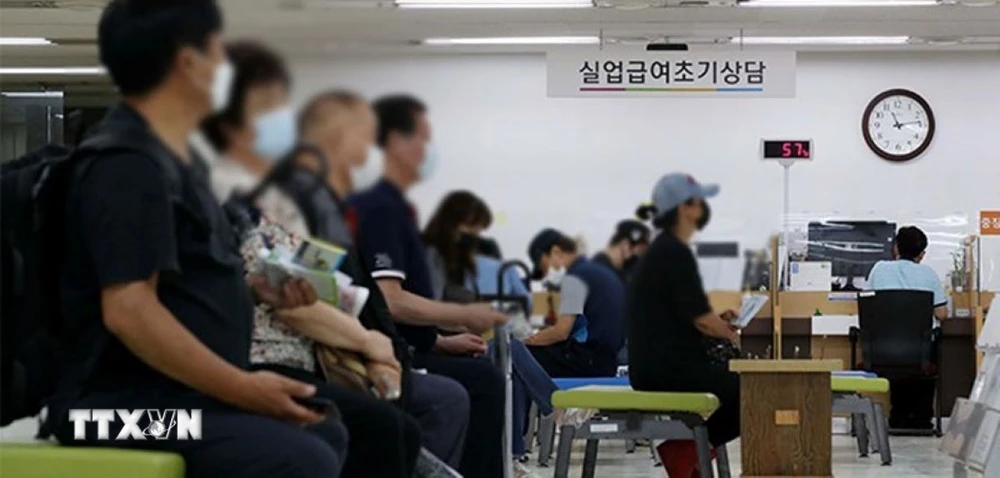
Artificial Intelligence (AI) has been developing rapidly over the past 10 years and is being used in various fields and the use of AI applications is expected to continue to increase rapidly in the future.
The Korea Labor Research Institute has just published research content on the topic of the impact of AI development on employment.
According to the Institute's survey results, about 9.8% of jobs in Korea such as call center operators, travel agents, translators, secretaries and announcers are likely to be replaced by automation technology thanks to AI.
Additionally, 15.9% of jobs, such as lawyers, sales managers, industrial robot operators, and pharmacists, could benefit from AI to improve productivity. This means that simple, less diverse office jobs are at high risk of being replaced by automation, while specialized jobs with complex tasks are likely to benefit from AI to help improve efficiency.
The Korea Labor Research Institute said AI is currently replacing less than 10% of work tasks in Korea, mostly repetitive tasks, but AI is also gradually replacing high-skilled tasks, different from previous automation technologies.
According to a July 2024 survey by the Labor Research Institute, only 10% of 1,382 Korean companies have applied AI, but of the 632 workers surveyed, 67% are using AI, with the level of trust and satisfaction with the results provided by this tool reaching 92%. Notably, 54% of the survey respondents said that AI will be used more in the next three years, with 61% appreciating AI for its speed of decision-making.
However, although AI has improved work speed and efficiency, it has not helped workers reduce mental and physical labor intensity, leading to the quality of working conditions not being improved. This is said to be due to the increasing demand for product quality in the market.
The study also showed that although the AI application rate in Korean enterprises is not high, small enterprises are tending to use AI more because the initial investment cost for generative AI is low, and productivity can be increased without expanding human resources./.
Source: https://www.vietnamplus.vn/han-quoc-ai-dang-dan-thay-the-nhung-nhiem-vu-doi-hoi-ky-nang-cao-khac-biet-post988928.vnp










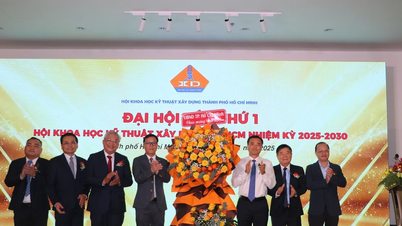
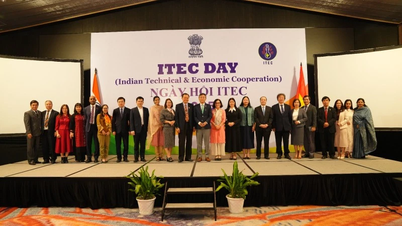

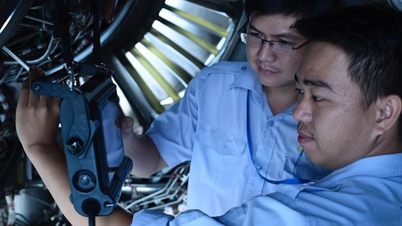
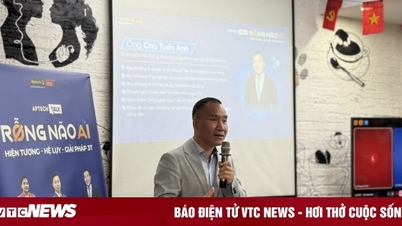



































































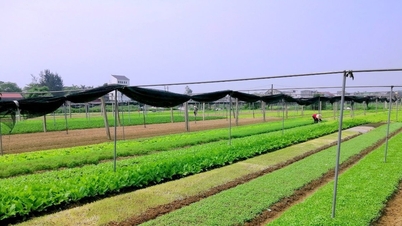

















Comment (0)